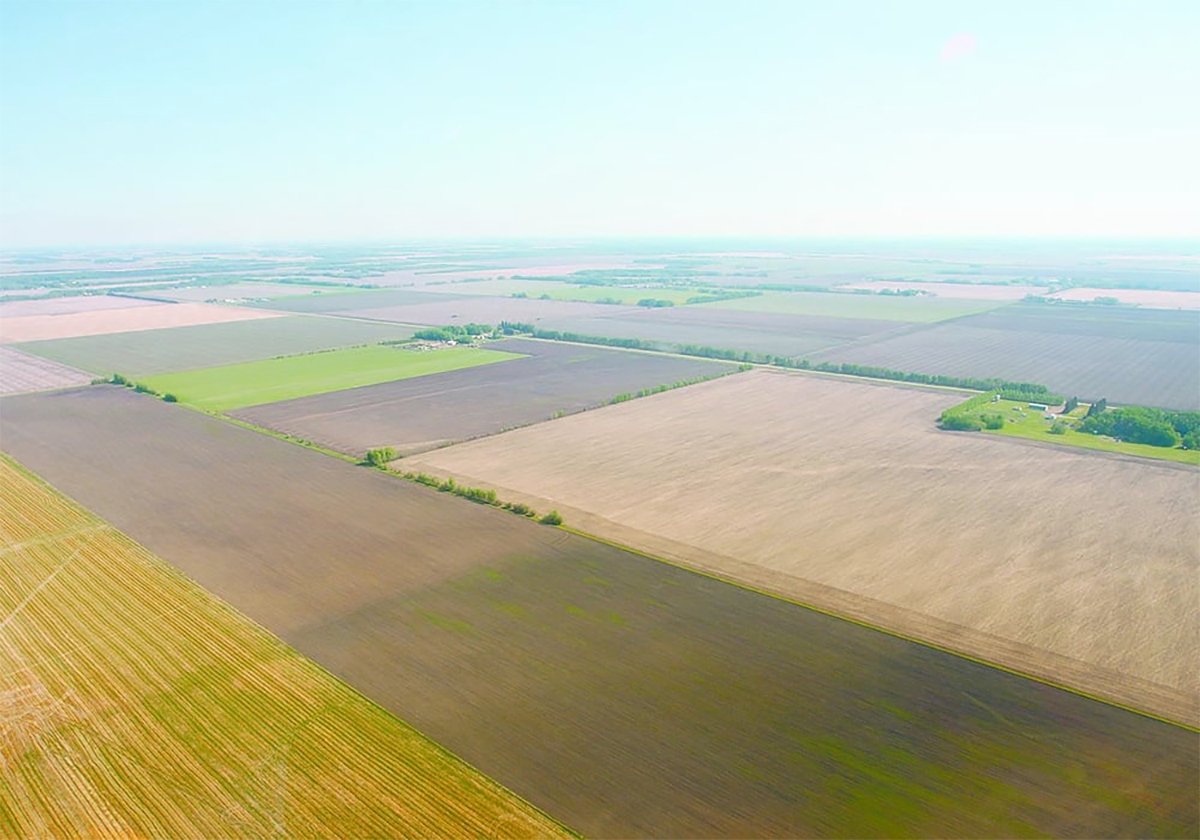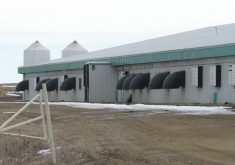Tough decisions and conversations will need to be made, say experts, but it will ensure a smoother transition
Families that are beginning the process of transitioning the farm should follow a number of general rules for it to be financially sustainable, say tax specialists.
The key to any succession plan, no matter what stage it’s in, is communication between family members, said Riley Honess, a senior manager in tax with KPMG in Lethbridge.
Honess said succession plans are unique for every plan, and producers should reach out to specialists for personalized advice, but said transitioning requires tough decisions and conversations.
“Decisions will have to be made on how the farm will be divided between farming and non-farming children, as well as what that plan might look like,” he said.
Read Also

Saskatchewan amends farm land ownership regulations
The Canada Pension Plan Investment Board can no longer own Saskatchewan farmland.
“It’s important to make sure everyone is on the same page right from the beginning.”
Many prairie farms have already, or are beginning to, start the transition to the next generation.
It’s crucial that plans lay the groundwork for financial success and sustainability. Otherwise, farms might end up being sold to someone outside the family, contributing to the already diminishing number of farms.
The time to start transitioning is ripe, given some tax analysts have said there is a farm asset transfer crisis looming on the Prairies.
Grant Diamond, a tax analyst in Saskatoon with FBC, wrote in a Western Producer column that approximately $245 billion in assets are about to change hands in the next decade, but only about 4.9 percent of sole proprietorship farmers have succession plans and wills.
Sole proprietorship farms make up half of all farms in Canada, he wrote.
As for family and non-family farm corporations, he said 16.3 percent have those plans, which he considers dismally low.
The sooner these succession conversations happen, the better, Honess said.
He said farm families should start writing down what the deal looks like. It will ensure everyone is clear on the terms.
“It seems like people remember the deal a little differently down the road when it’s not written down,” he said.
“If they write it down and it’s what everyone agreed to, whether it’s formal or informal, people will be on the same page.”
For example, it might be best to let farming children know of some of the breaks they got from their parents while renting land.
Trading labour for machinery usually works out to be a good deal, Honess said, but it’s always interesting to see what the deal would have looked like if it wasn’t a family partnership.
“You don’t have to change anything, but this would allow you to go over and see where things would have been under a different scenario,” he said.
“It’s good to talk about it and quantify it.”
It’s important to figure out how cash flow will work when children are starting to take more ownership of the farm.
At this stage, parents might still be living on the land but need some form of retirement, while the child needs to pay the family’s bills and ensure the farm is financially sustainable.
Honess said families should address these scenarios on a case-by-case basis, considering that there is no one-answer-fits-all solution.
“If there is not enough cash flow to support all those things, then you’re in a pretty tough spot, I think,” he said, noting it’s more common for farms to be in a good position during this period.
To make it work, he said, some farming children might pay a discounted rate for the land while ensuring the parents have enough to live. There are, however, other options.
If people find themselves walking into an office for help and haven’t done much planning, Honess recommended they first know all their options.
Depending on their farm’s business model, they should ask whether the child should be brought into the corporation or if there should be a share freeze.
If the farm is under sole proprietorship, he said, then they should see whether the child should get their own piece of land while continuing to farm with the parents.
“You have to look at what meets the needs of the farm so that the child can be successful and the parents can be successful,” he said.
“You can evolve the plan to get to the end game.”
In his column, Diamond wrote that it’s important to have a will because it ensures assets are distributed in a way the person wished.
Without a will, he said, courts might appoint someone to liquidate or distribute assets in a manner that was never intended.
As well, he said the person in charge of the will should be able to take advantage of various strategies to minimize taxes and maximize proceeds.
Honess said it’s important for farmers to be aware of the lifetime capital gains exemption and the family farm rollover rules. It would allow them to save a lot of taxes.
He said formal meetings between families and partners, even if fairly informal, are extremely helpful.
“It lets you discus business plans and things like that,” he said.
“Talking and putting these plans forward, I think, is a huge help.”


















